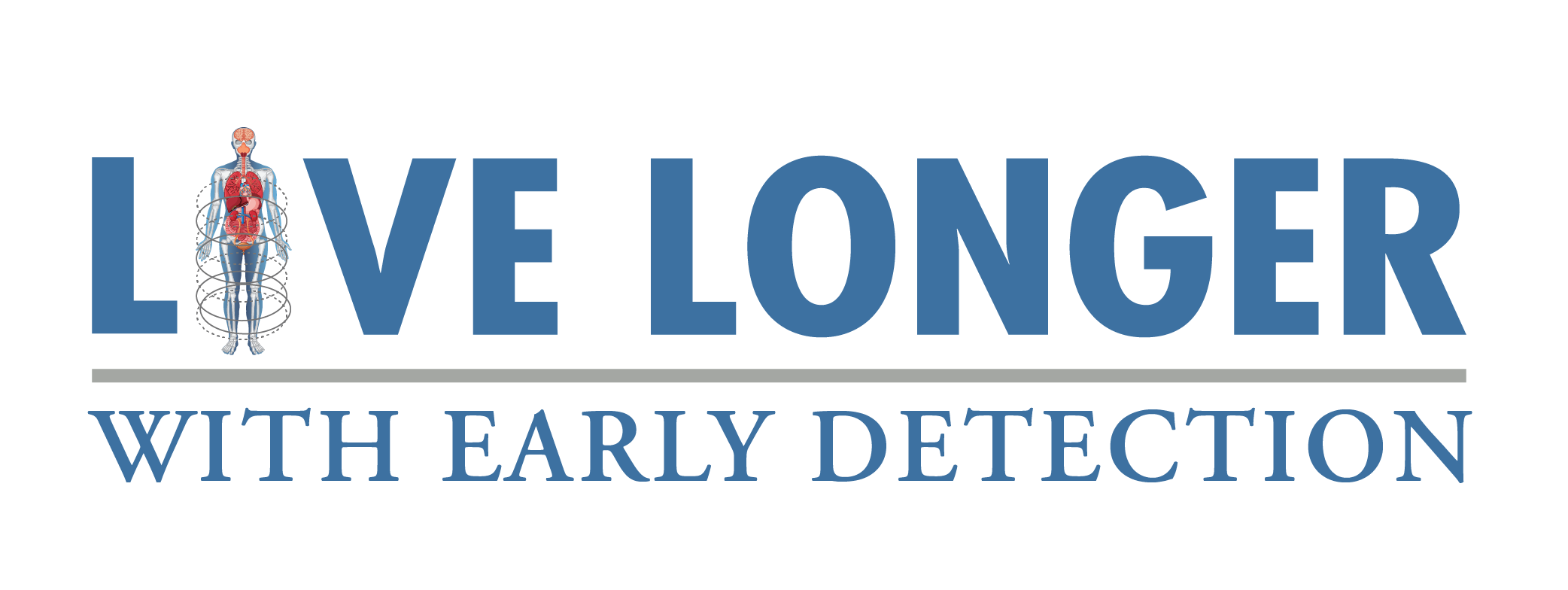
In the quest for a long, healthy life, early detection stands as a crucial ally. Recognized for its capacity to significantly impact health outcomes, the practice of routine screenings and early diagnostic tests is a cornerstone of preventive healthcare. Live Longer with Early Detection emphasizes the importance of these proactive measures, offering insights into how individuals can take control of their health and potentially extend their lifespan through the early identification of health issues.
Understanding Early Detection
Early detection involves the use of medical screenings and tests to identify diseases and conditions at an initial stage, often before symptoms become apparent. This proactive approach allows for interventions that can halt or slow the progression of diseases, improving the likelihood of successful treatment and recovery. Conditions such as cancer, heart disease, diabetes, and many others can be managed more effectively when caught early, underscoring the critical role that these screenings play in maintaining health and wellness.
The Role of Routine Screenings in Preventive Health
Routine screenings are an integral part of preventive health care. By regularly undergoing recommended tests based on age, gender, medical history, and risk factors, individuals can significantly reduce their risk of advanced disease. Screenings such as mammograms, colonoscopies, blood pressure checks, and cholesterol tests are just a few examples of how modern medicine seeks to identify health concerns before they evolve into more serious conditions. Live Longer with Early Detection advocates for a personalized approach to screenings, encouraging individuals to consult with their healthcare providers to determine the most appropriate screening schedule for their specific needs.
The Impact of Early Detection on Treatment Outcomes
The benefits of early detection are most notably seen in the treatment outcomes of various diseases. For instance, early-stage cancers are often more treatable and have higher survival rates compared to those diagnosed at a later stage. Similarly, identifying risk factors for heart disease early can lead to lifestyle changes and treatments that prevent heart attacks or strokes. Early detection not only has the potential to save lives but also to improve the quality of life, reducing the need for extensive medical interventions and allowing individuals to maintain their health and independence for longer.
Empowering Individuals to Take Charge of Their Health
At Live Longer with Early Detection, we emphasize the importance of being informed about which screenings are necessary and when to undergo them. Education, awareness, and communication with healthcare professionals are key components of this initiative, providing individuals with the tools they need to make informed decisions about their health care. By embracing the practice of early detection, society as a whole can move towards a future where preventable diseases are caught in their nascent stages, treatment is less invasive, and more lives are saved. This proactive approach to health care not only extends lives but also enhances the quality of those lives, offering hope and a path toward longevity and wellness for all.
Navigating the Path to Early Detection
Understanding and navigating the path to early detection involves being proactive about your health screenings. It’s essential to have regular discussions with your healthcare provider about which screenings are appropriate for you based on your age, gender, family history, and lifestyle factors. These conversations can help tailor a screening plan that fits your unique health profile, optimizing your chances for early detection and successful intervention.
Personalized Screening Plans
Creating a personalized screening plan is a critical step in the early detection process. This plan should consider all aspects of your health and wellness, including any hereditary conditions that may increase your risk for certain diseases. For instance, individuals with a family history of breast or colon cancer may need to start screenings earlier than the general population or have them more frequently.
Embracing Technology and Innovation
Advancements in medical technology continue to improve the effectiveness and accessibility of early detection methods. From high-definition imaging to genetic testing, these technological innovations offer new ways to identify diseases at their earliest stages. Staying informed about these advancements and discussing their potential benefits with your healthcare provider can help you make the most of what modern medicine has to offer.
The Power of Prevention
Beyond screenings, embracing a preventive lifestyle is another key element in living longer through early detection. This includes adopting healthy habits such as a balanced diet, regular exercise, maintaining a healthy weight, and avoiding tobacco and excessive alcohol use. These lifestyle choices can significantly reduce the risk of many chronic conditions and diseases, complementing the efforts of early detection.
Building a Culture of Health
Creating a culture of health within communities and families encourages everyone to prioritize their wellness and seek out preventive care. Sharing knowledge and experiences about the benefits of early detection can inspire others to take action for their health. Community health initiatives and public health campaigns play a vital role in spreading awareness and making preventive health services more accessible to everyone.
Prioritizing Cancer Screening: A Duty to Yourself and Your Loved Ones
The decision to undergo cancer screening is a profound demonstration of self-care and responsibility towards oneself and one’s family. Cancer, in its many forms, remains a significant health challenge worldwide, but the strides made in early detection have transformed the prognosis for many individuals. By participating in recommended cancer screenings, you not only increase your own chances of a favorable health outcome but also contribute to the well-being of your family and loved ones.
The Personal Benefit of Early Detection
Early detection of cancer can significantly improve treatment outcomes by identifying the disease at a stage where it’s most treatable. For many cancers, such as breast, colon, and cervical, early detection has been linked to higher survival rates, less invasive treatment options, and improved quality of life post-treatment. By choosing to undergo regular screenings, you are taking a proactive step towards preserving your health and ensuring that you have the best possible chance to fight cancer should it arise.
The Impact on Family and Loved Ones
The benefits of cancer screening extend beyond the individual to their family and wider social circle. Early detection not only means that you can continue to be a present and active member of your family for years to come, but it also alleviates the emotional and financial strain that a late-stage cancer diagnosis can place on loved ones. Cancer affects not just the person diagnosed but everyone around them. By committing to regular screenings, you are helping to reduce potential future burdens on your family, demonstrating love and consideration for their future as well as your own.
Building a Legacy of Health
Choosing to engage in cancer screenings sets a powerful example for those around you, including children, siblings, and friends. It reinforces the importance of preventive healthcare and encourages a culture of awareness and action against cancer within your community. This legacy of health prioritization can inspire others to take charge of their well-being, creating a ripple effect that enhances the collective health of those you care about most.
Cancer Screening – A Commitment to Life
Undergoing cancer screening is more than just a medical procedure; it’s a commitment to your life and the lives of those you love. It embodies a proactive approach to health that can lead to early detection, more manageable treatment options, and ultimately, a longer, healthier life. Live Longer with Early Detection champions this cause, urging individuals to see cancer screening not as an optional part of their healthcare routine but as a necessary step in protecting their future. You owe it to yourself and your loved ones to stay informed and proactive about cancer screenings. If you or someone you know has been delaying a screening, let this be the moment to prioritize health. Reach out to your healthcare provider to discuss which cancer screenings are right for you, and take that crucial step towards safeguarding your health and legacy. Together, we can face the challenge of cancer with courage and hope, armed with the power of early detection.
Embracing cancer screening is akin to holding a shield against an unseen enemy; it’s a fundamental aspect of preventive healthcare that cannot be overstated. The journey toward a healthier future begins with the courage to look beneath the surface, to uncover and address potential threats before they escalate. This proactive stance on health underscores a deep respect for life and the desire to preserve it in its fullest form. Screening presents an opportunity to catch cancer in its nascent stages, often before it becomes symptomatic and when the disease is most responsive to treatment. This early intervention can dramatically alter the course of one’s health journey, turning a potentially life-threatening condition into a manageable health issue. Moreover, the peace of mind that comes from knowing you have taken all possible steps to ensure your health and longevity is invaluable. It’s a form of self-care that extends beyond the individual, touching the lives of everyone connected to them.
By prioritizing cancer screening, you affirm your commitment to a life well-lived, cherished moments with loved ones, and future dreams yet to be realized. It’s a testament to the value you place on your life and the lives of those around you. Let this commitment to health inspire a broader dialogue about the importance of early detection, fostering an environment where taking preventive measures becomes a shared societal norm.

